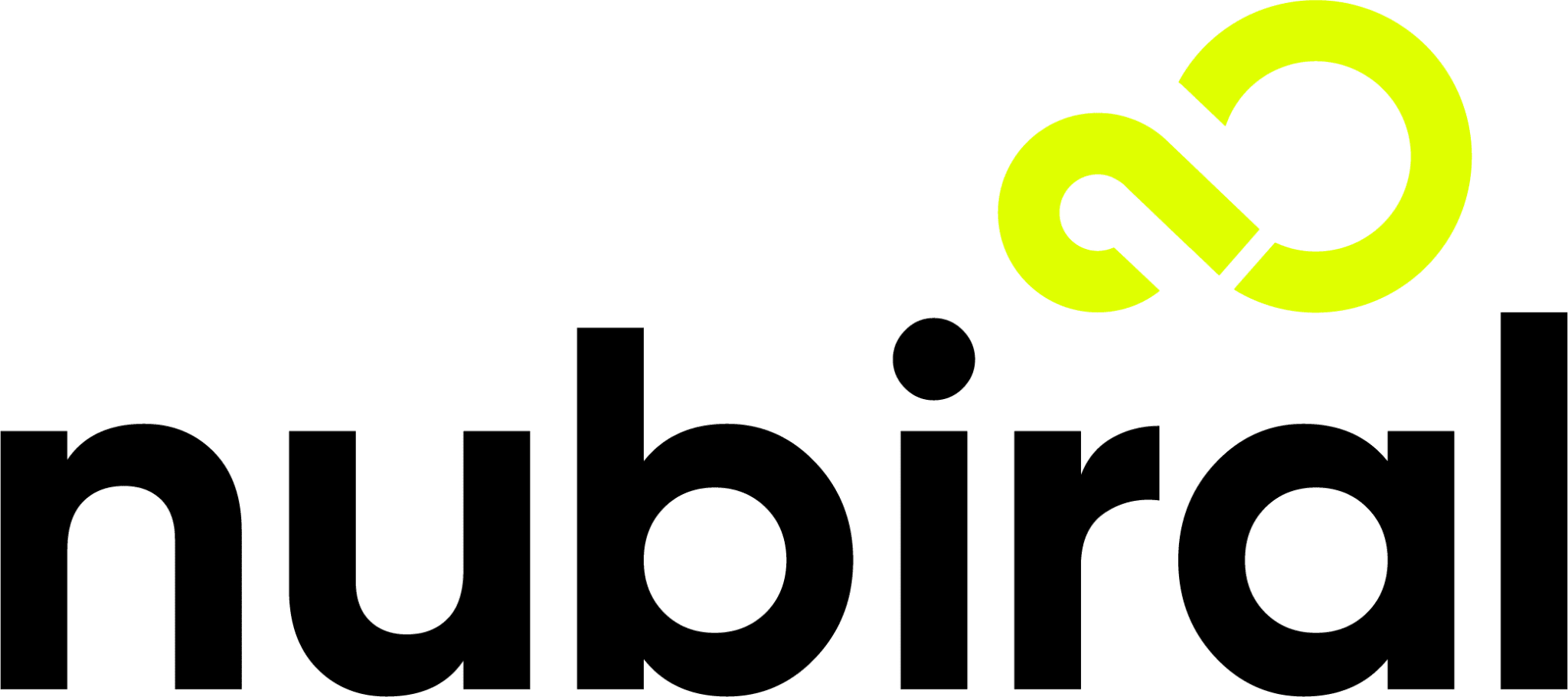Trust, transparency and traceability. Three of the major attributes of blockchain that are driving new ecosystems in both the world of finance and organizations.
Indeed, the concept of DeFi (acronym for «decentralized finance») is emerging more and more strongly: a disruptive model in the creation, consumption and exchange of financial products and services whose fundamental principle is the absence of intermediaries. It is the users themselves who connect with each other, without a bank having to «enable» or monitor the operation.
In this way, it is possible to access loans, financing plans or a greater number of investment possibilities outside the system but within the reach of different types of people. How can this not be an infinite source of fraud, scams and complications? This is where blockchain plays: a blockchain of inviolable and unalterable digital records that are used in transactions with multiple participants.
Between contracts and wallets
At the center are smart contracts: supported on the blockchain itself, they are executed automatically to ensure compliance with the responsibilities (and rights) that have been previously established between those involved.
Generally speaking, those interested in DeFi must have a virtual wallet where the cryptoassets that will function as an exchange currency in the ecosystem will be kept. These can be either cryptocurrencies or NFT (non-fungible tokens), and are also exchangeable for currencies or goods in the traditional economy.
Although they are already used in a great many situations, DeFi are just taking its first steps, so we are still far from understanding their true potential or knowing the many use cases for which they could be applied. It also remains to be seen what path regulations will take in relation to how people will have to identify themselves within these decentralized mechanisms to prevent crime or tax fraud. In that regard, another technology, AI, has proven to be extremely useful for traditional banking. Many of these practical applications could be migrated to this new universe of digital finance.
Voting and speaking
The other decentralized model that emerges from the power of blockchain is DAO (acronym for decentralized autonomous organizations). This model refers to companies built on blockchain and supported by smart contracts where all members can participate in the decision-making process. Each person in the organization plays a role similar to that of being part of the board of directors in a traditional company.
The DAO, like an organization in the physical world, is set up for a specific purpose. Therefore, the people who make up the organization share interests, at least as far as the DAO is concerned. The point of coordination is the internet, and the technology to make the organization function in a smooth, orderly and secure way, is blockchain. It is also the mechanism for issuing the tokens that will raise the funds to finance the organization.
In this sense, the smart contract is the way to specify the rules, mission, vision, values and procedures that will rule this DAO. If any of the participants violates the established rules, their funds are automatically blocked.
Transparency is absolute: each member is aware of all decisions made, can vote or influence the creation of proposals and has the possibility to consult any data about the entity at any time, since all information is public for the participants.
Blockchain is the key to a more trustworthy, collaborative and transparent world. DeFi and DAO are just two expressions of a future that is just beginning to take flight.




